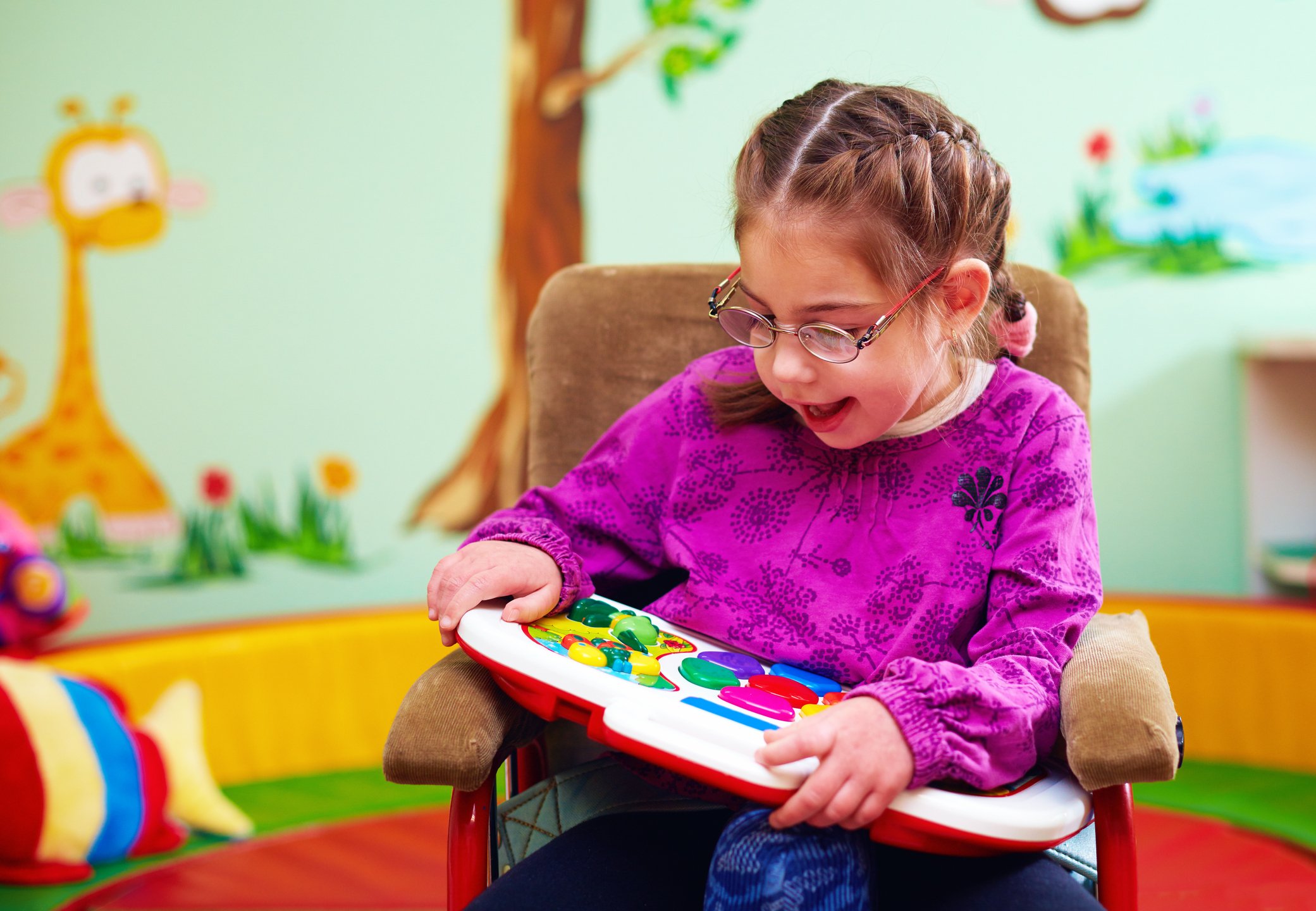
Diagnosis Using Integrated Metabolomics And Genomics In Neurodevelopment (IMAGINE)
A BRIGHT Beginnings project
WE’VE USED ADVANCED GENOMICS AND METABOLOMICS TO PROVIDE A DEFINITIVE DIAGNOSIS TO 50% OF CHILDREN WITH ATYPICAL CEREBRAL PALSY.
Principal Investigators: Jan Friedman (University of British Columbia) and Clara Van Karnebeek (University of British Columbia)
Looking back:
our work in Phase 1
Our team’s Phase 1 goals were to provide insight into the possible genetic or genomic causes underlying atypical cerebral palsy (CP) in children and to identify the best ways to communicate and support families before, during, and after testing. Atypical CP is an umbrella term for some types of neuro-muscular coordination problems where the cause appears likely to be genetic.
We are happy to announce that we completed the whole genome sequence analysis for all of our 100 study participants and notified them of their results. We were able to provide a definitive, clinically confirmed diagnosis to half of these families. Approximately two-thirds of the metabolomic analysis is complete with the remainder to be completed within the 2022-23 fiscal year.
Our team, including trainees, developed novel bioinformatic tools to look for some specific types of genomic variants that may be responsible for the neurodevelopmental problems seen in some families. Bioinformatic tools are the computational methods used to make sense of the billions of pieces of DNA that we are looking at. This year was spent refining these tools and beginning to re-analyze the genomic data for patients where no cause was found for their atypical CP in our initial analysis.
Throughout Phase 1, we have kept families at the heart of our work. We have explored the needs of families, responded to their suggestions and requests, co-developed several tools to support families throughout their testing journey, and gathered information on how to optimally communicate testing information to families. Our team includes three active parent-partners who helped inform this important work.
Our family-oriented work has already had a demonstrable impact; researchers and clinicians in our field now realize that genetic counselling work does not end at the time of diagnosis but that post-test counselling is as important as pre-test counselling.
Section break
An eye to the future: what Phase 2 has in store for us
Over the next four years, as we continue to explore possible diagnoses for many of the families without a definitive diagnosis, we hope to build on our research findings from Phase 1. We aim to design, implement, and assess the effectiveness of a comprehensive clinical genomic service for children with severe brain-based developmental disabilities.
Parent involvement is key to achieving this goal. We will identify factors that will help optimize families’ genomic testing experience. We will also consult with parent-partners in other regions of Canada, as well as those involved in other CHILD-BRIGHT Phase 2 projects, to understand how to optimize local implementation of such a clinical service elsewhere in the country.
Section break




